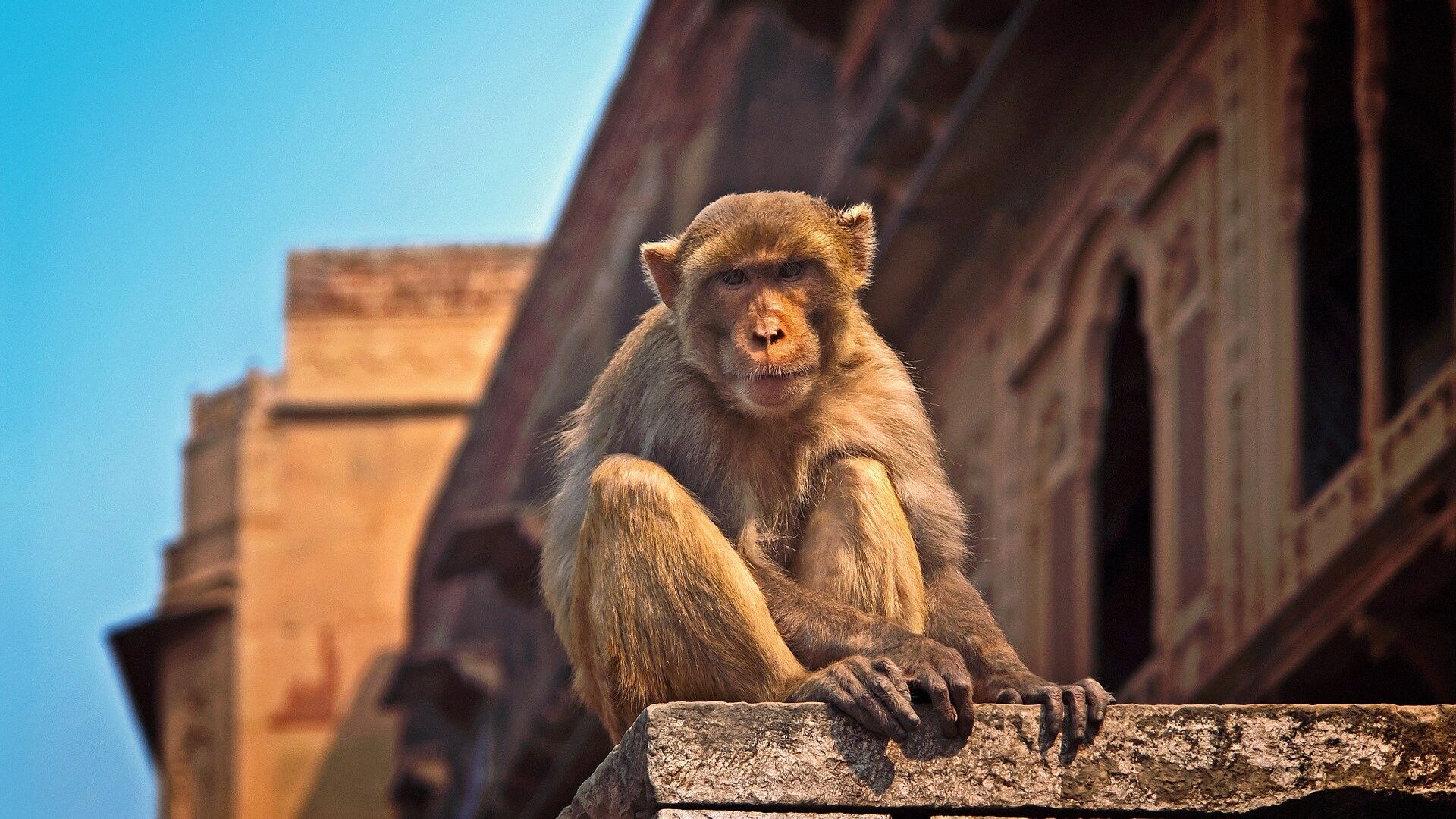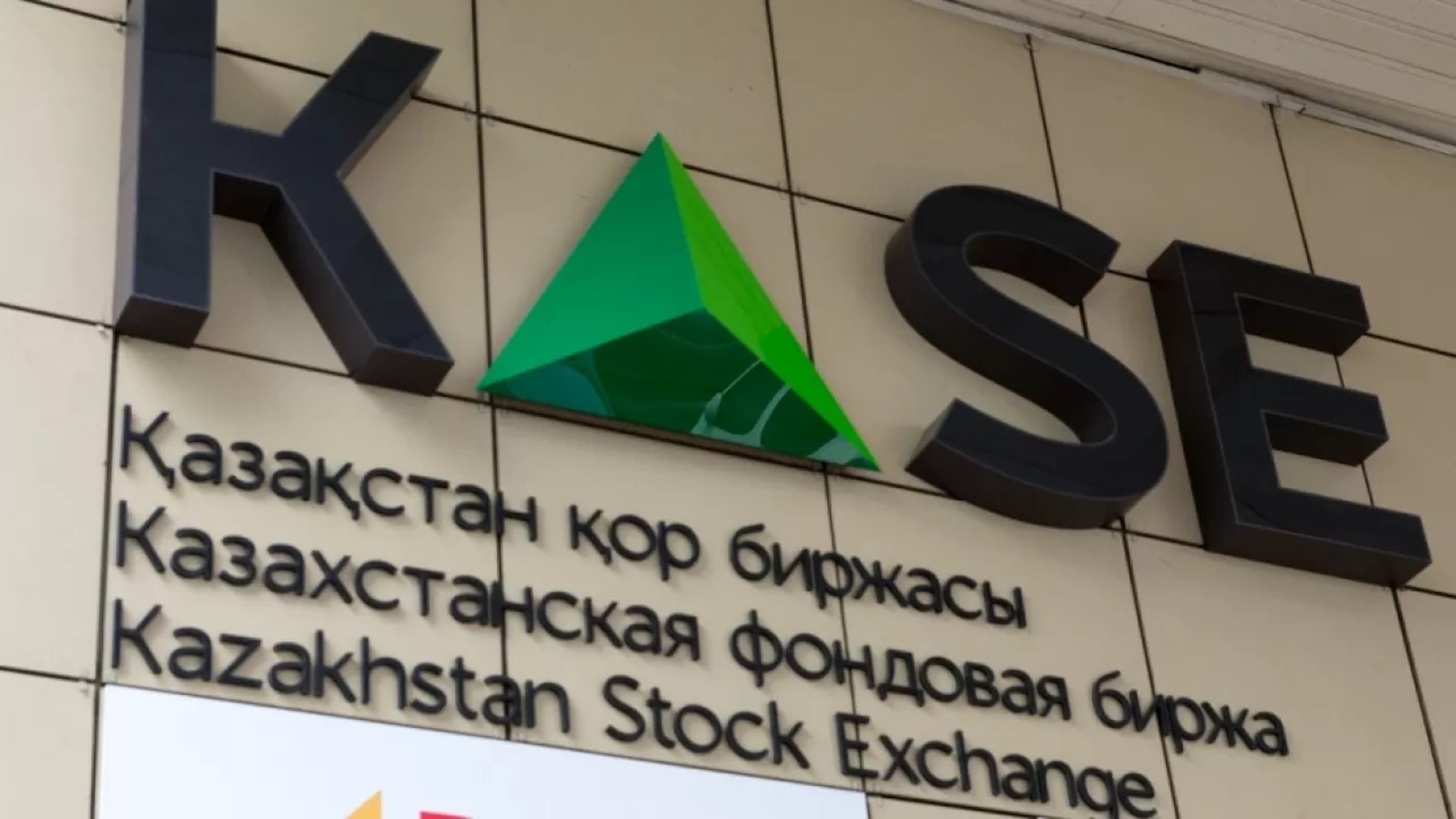A Monkey Plunges Sri Lanka into Darkness: 22 Million People Left Without Power
Sri Lanka experienced an unexpected nationwide blackout after a monkey caused a power outage. The incident occurred at a power station south of Colombo, where the animal accidentally touched a transformer, triggering a chain reaction that disrupted the country’s electrical grid.

How Did One Monkey Shut Down the Whole Country?
According to Energy Minister Kumara Jayakody, the animal caused an imbalance in the power system, leading to a nationwide blackout. Authorities are now working urgently to restore electricity, prioritizing hospitals, water treatment plants, and other critical infrastructure.
The Growing Monkey Problem
This incident is just one consequence of the rapid increase in the monkey population in Sri Lanka. These animals:
— raid farms,
— break into homes to steal food,
— attack people.
Farmers report millions of dollars in losses, while the government struggles to control the population.
Attempts to Solve the Crisis
The government previously discussed exporting monkeys to China, but the proposal faced backlash from environmental groups. With no clear solution in sight, Sri Lankans continue to suffer from increasing monkey-related problems.
This power outage, caused by a single monkey, is yet another reminder of the scale of the crisis.
Do you have news that could become a sensation?
Or do you want to try yourself as an editor?
On altn.news , it's possible!
Share your materials, express your opinion, and test your skills as a journalist or editor.
It’s simple:
✅ Download the app:

✅ Register on the website.
✅ Create and publish your news.
Who knows, maybe your material will become the next big headline!
Start today on altn.news.
The editorial board is not responsible for the content and accuracy of material taken, sent or obtained from other sources. The publication of such materials is for informational purposes only and does not imply automatic endorsement or approval of their content.



:focal(0.49:0.37):format(webp)/YXJ0aWNsZXMvaW1hZ2UvMjAyNS80LzIwMjIxMjAzLWdhZi11NTUtNzkwLmpwZw.webp?w=1920)





















